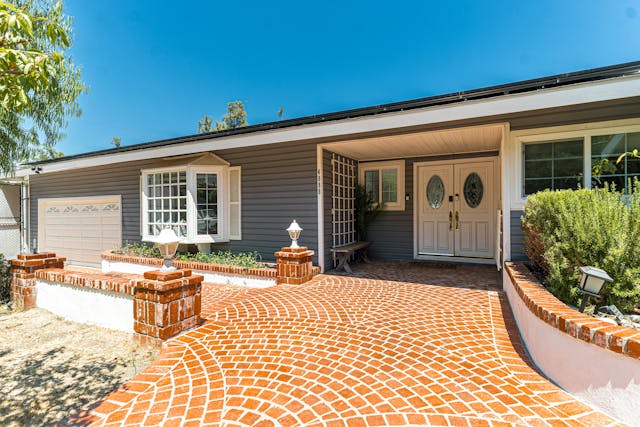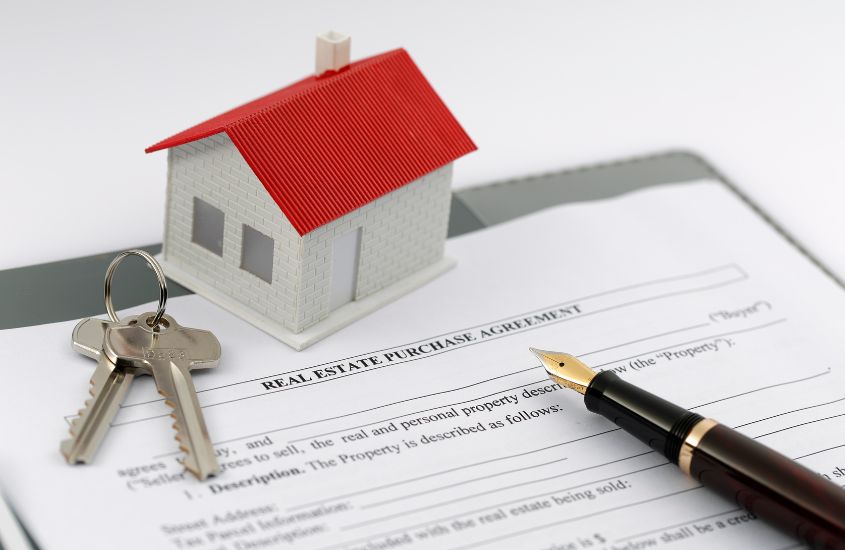When buying property in Portugal, obtaining and understanding the property deed is a critical step. A property deed, known as the "Escritura" in Portuguese, serves as the legal document proving ownership of the property. Whether you're an investor or a first-time buyer, knowing the process and importance of the property deed ensures a smooth transaction and legal security.
What Is a Property Deed?
A property deed in Portugal is an official document that formalizes the transfer of property ownership from the seller to the buyer. It includes crucial details about the property and is mandatory for registering ownership at the Land Registry (Conservatória do Registo Predial).Without this document, the property transaction is not legally recognized, and the buyer cannot claim ownership rights.

The Role of the Notary
A notary plays a vital role in the property deed process in Portugal:
- Document Authentication: The notary ensures all documents are valid and meet legal requirements.
- Witness to Signing: The property deed must be signed in the presence of a notary.
- Official Filing: After signing, the notary records the deed in public registers.
The notary acts as an impartial party, ensuring the transaction adheres to Portuguese law.
Steps to Obtain a Property Deed in Portugal
The process of obtaining a property deed involves several steps:
a. Preliminary Research
- Verify the property’s legal status at the Land Registry to ensure there are no liens or disputes.
b. Contract Signing
- The buyer and seller sign a Promissory Contract (Contrato de Promessa de Compra e Venda), which outlines the sale conditions.
c. Finalizing the Sale
- The deed signing occurs at the notary office, where both parties and their legal representatives are present.
d. Registration
- After signing, the deed must be registered at the Land Registry and Tax Office (Serviço de Finanças).
Key Information on a Property Deed
A property deed includes the following details:
- Property Description: Exact location, size, and boundaries of the property.
- Ownership History: Previous owners and any encumbrances on the property.
- Transaction Details: Sale price and terms agreed between the buyer and seller.
- Tax Information: Confirmation of all property-related taxes being paid.
Ensuring the accuracy of this information is essential for avoiding future disputes.
Common Challenges and How to Avoid Them
a. Missing Documents
Incomplete documentation can delay the deed process. Work with an experienced lawyer to ensure all documents are prepared.
b. Unregistered Properties
Some older properties may not be properly registered. Conduct thorough research to confirm the property’s legal status.
c. Language Barriers
For non-Portuguese speakers, legal documents can be confusing. Always request translations and clarifications as needed.
The Importance of Legal Assistance
Having a legal advisor experienced in Portuguese property law is invaluable. Benefits include:
- Document Review: Ensures the deed accurately reflects the terms of sale.
- Compliance: Guarantees adherence to local laws and tax obligations.
- Peace of Mind: Protects you from legal pitfalls and potential fraud.
Conclusion
Acquiring a property deed in Portugal is a crucial part of the property ownership process. It solidifies your legal rights and ensures compliance with Portuguese law. By understanding the steps, seeking professional assistance, and verifying all details, you can confidently navigate this essential phase of property acquisition.At Portugal Investment Properties, we guide our clients through every step of the property buying process, including obtaining and registering property deeds. Contact us today to learn more about how we can make your property journey in Portugal seamless and secure.



